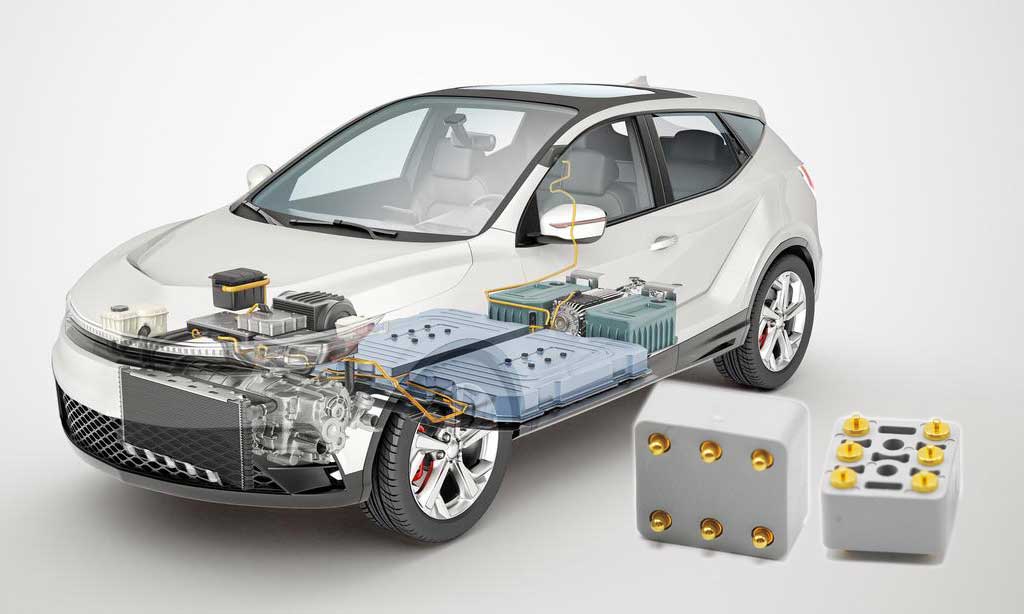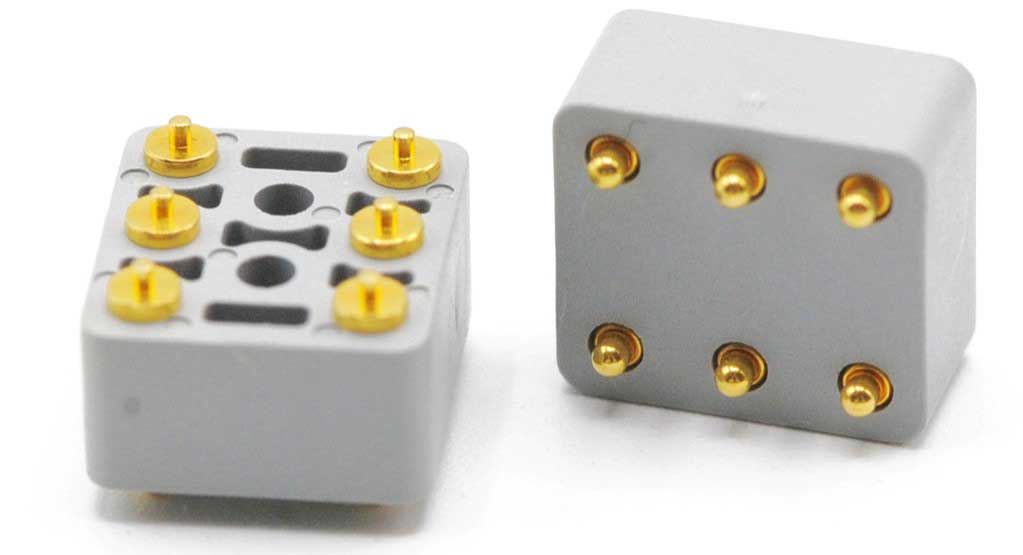In recent years, there has been a growing interest in the use of electronic pogo pin connections in cars. Pogo pins are spring-loaded pins that can be used to make electrical connections between two surfaces. They are commonly used in electronics to make connections between circuit boards and connectors. However, there are some concerns about the feasibility of using pogo pins in cars.

One concern is the durability of the pogo pins. Cars are subjected to a wide range of environmental conditions, including temperature extremes, moisture, and vibration. Pogo pins may be vulnerable to damage from these conditions, which could result in unreliable connections or failure of the electronic system.
Another concern is the complexity of the pogo pin connection scheme. Car manufacturers would need to design and implement a system that could accommodate multiple connections between different components. This could require significant investment in research and development, as well as testing and validation of the system.

Despite these concerns, there are some potential benefits to using pogo pins in cars. For example, pogo pin connections could be used to replace traditional wiring harnesses, which can be heavy and bulky. This could result in lighter and more efficient cars, which could have benefits for fuel economy and performance.
Overall, the feasibility of a car electronic pogo pin connection scheme depends on a number of factors, including the durability of the pins, the complexity of the system, and the potential benefits of using pogo pins over traditional wiring harnesses. While there are some concerns about using pogo pins in cars, they may be a viable option for future electronic systems.







